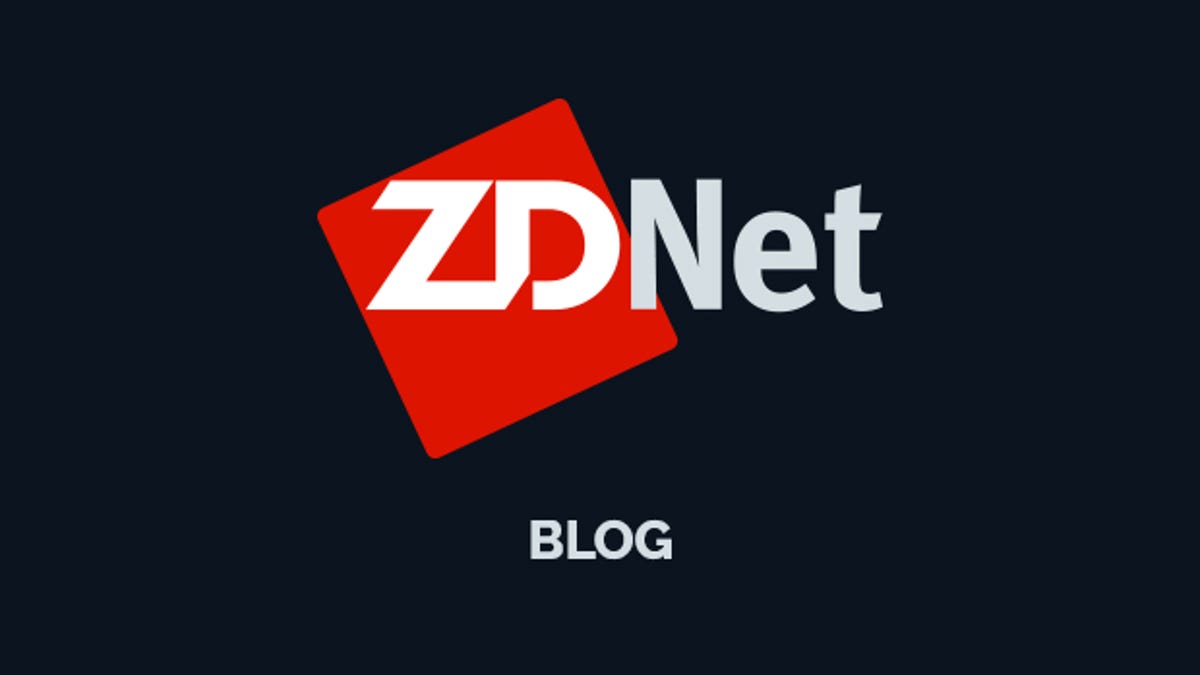dedobot
Active Member
Overall personal daily use -Windows, business office - Windows AD, windows desktop with mix of linux where is it possible. Niches like video edit MacOS , servers of all type - *nix.
I can think of commercial/engineering reasons for Apple to move off Intel chips. That's not one of them.That's because they want to force their hardware on you.
I can think of commercial/engineering reasons for Apple to move off Intel chips. That's not one of them.
That was confusing because you wrote in reply to me mentioning Apple's plans to move from Intel (to their own ARM) chips. So I guess you don't mean CPU arch. What current hardware do you mean?I'm not talking about current hardware!
Of course. All tech firms love a walled garden if they can muster one. Same with the AWS cash cow: the deeper you get into it the more it costs to get out by some grotesque power-law function. Monopoly rent extraction is the dream for all true capitalists.As a company they lover their walled garden!
That was confusing because you wrote in reply to me mentioning Apple's plans to move from Intel (to their own ARM) chips. So I guess you don't mean CPU arch. What current hardware do you mean?

 www.zdnet.com
www.zdnet.com
Monopoly rent extraction is the dream for all true capitalists.
I'm not talking about current hardware!
No but I remember reading a printout of Real Programmers Don't Use Pascal when it must have been nearly new. They actually had a Cray in the building where I had that summer job, though I never saw it. There were a lot of those Real Somethings [Don't] Use Something" back then but the Real Programmers Don't Use Pascal was a hilarious send up. Unfortunately not everyone recognizes it as satire.Remember this caption back in the day, "Real Men use DOS" ?
Real men know market competition is ruinous for the rate of return on capital. Only quiche-eaters believe otherwise.their is a difference between being a capitalists and a ...............
Real men know market competition is ruinous for the rate of return on capital. Only quiche-eaters believe otherwise.
It was 31 or 32 years ago, but if I remember correctly, it would not the Windows version of AutoCad - I think I tried. There may have been a version of AutoCad for OS/2, I don't know, but my work at the time only had Windows versions. They let me use one license on my computer since I often did work from home.If I remember correctly OS/2 had window compatibility mode that you could assign to an application. No idea how good it was thu.
/cdn.vox-cdn.com/uploads/chorus_asset/file/3919716/mswindows2_2040.0.jpg)
/cdn.vox-cdn.com/uploads/chorus_asset/file/3919716/mswindows2_2040.0.jpg)
Microsoft to offer consumers paid Windows 10 security updates for the first time
The extended support will be an annual subscription.www.theverge.com
funny
Given the change in hardware requirements, upgrading to Windows 11 isn't an option for a lot of people unless it's with a new computer. So will people pay, jump ship to something like a linux or ChromeOS option, or just keep using Win10 regardless? Given how long Win7 hung around after its end-of-life my guess is many will pick the last option.
20 years ago my colleagues were writing their code on Solaris. We had SPARCs in our product.>MacOS is okay for people who don't want to think and don't need to do anything fancy. It just works mostly.
Seeing so much of this^^^
Software is the most advanced tool humanity has ever created and it's usually built on macOS. The most advanced tools are built on/for macOS. There is no second best. There is no comparison. There are incredibly narrow specialties like aerospace built on raw iron, and gaming built on windows, but outside that it's macOS. The entire world including most websites are built using macOS. I understand you're not in the industry so you don't know.
Virtualization comes with some compromises when running on a desktop system. I'm talking about useability, rather than technical limitations. For example, what happens to all your virtualized workloads when you put your desktop to sleep?
Personally, my desktop runs Windows 11 Pro (on the Insider Beta channel). I use a tiny 35W i3 based Dell micro PC as a Vmware ESXi host running virtualized and containerized workloads (on Ubuntu server VMs) and a couple of Synology NAS doing file, backup and media server (Plex) duties.
Nope. There was CP/M for 8080/Z80 systems like the Altair. There was Apple DOS for the preMac Apple II. There were similar ones for Commodore, Atari and various other 8 bit CPUs.In the beginning, there are only 2 computer operating systems which are IBM PC DOS (now become Windows) and UNIX (now become LINUX and Mac). Is this right?
